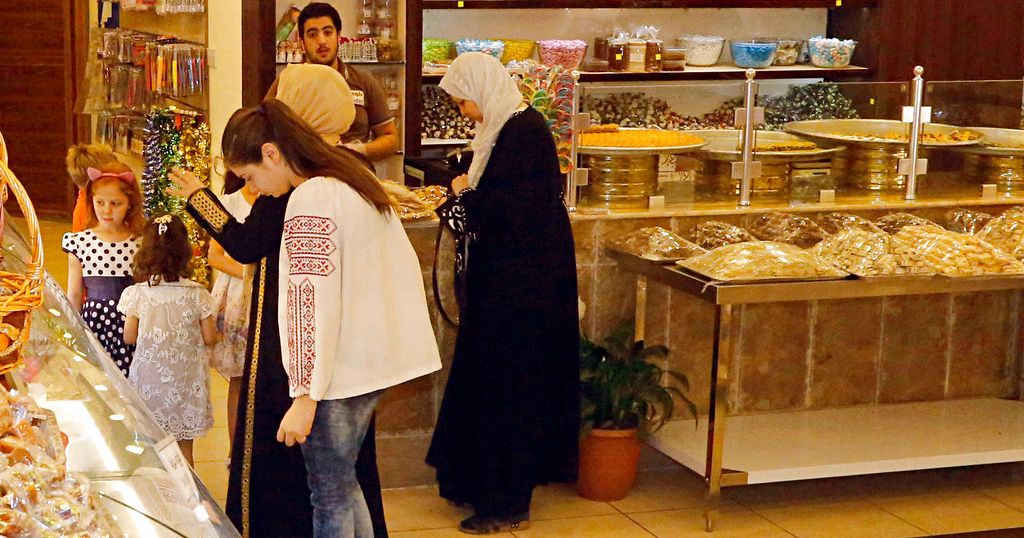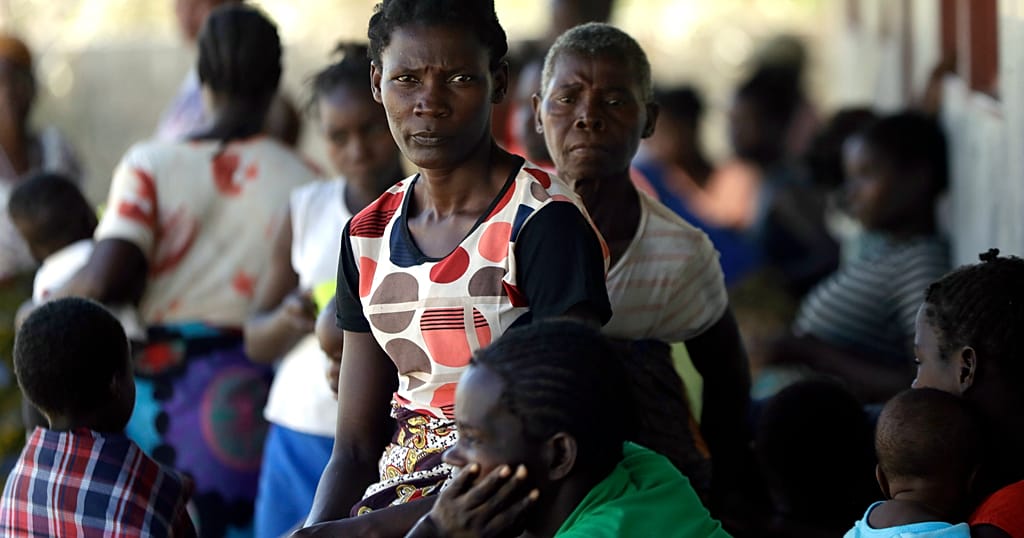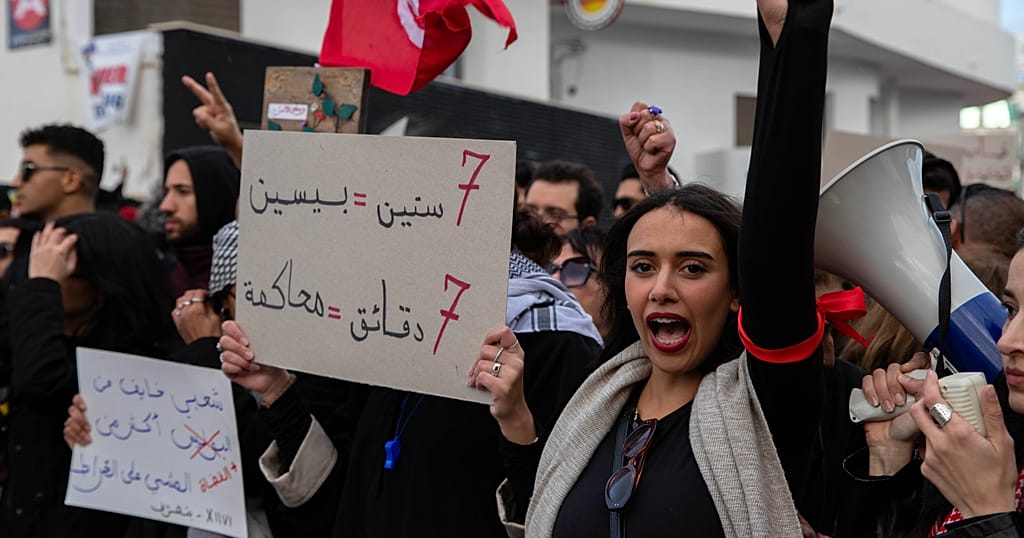Sweet stores report rise in demand for sugary treats during Ramadan

Fasting from dawn until dusk is a core practice during Ramadan, serving as a means of purifying the soul, fostering empathy for the less fortunate, and drawing closer to God.
But amid the emphasis on spiritual growth and discipline, for some the allure of indulgent sweets and desserts remains strong.
Sweet shops, like this one in the UAE’s third largest city Sharjah, become vibrant hubs during Ramadan, with colorful displays tempting those observing fasting.
There’s a pistachio pastry with sweet syrup. A pastry called Maamoul, that’s stuffed with dates or pistachio, then topped with powdered sugar. And Awama dough that’s fried then dipped in sugar syrup.
“There are dishes that are very well known for the month of Ramadan in particular, especially for the month of Ramadan, including desserts. And it is famous, like Al-Ma’arouk, Al-Mashbak (Arabic names for sweets), or the other forms of sweets,” says shopper Micheline Birshan.
“If we would like to talk about health, you are fasting the whole day, and when you eat sugar, it helps a little bit in giving calories that the body needs and should not be a high level of sugar.”
Sweets stores like “Al-Halabiya” in Sharjah experience a surge in demand during Ramadan.
Cook Abdelaziz Shaaban says fasting intensifies cravings for sweets.
During Ramadan, sales increase, and stores stay open for longer until almost dawn.
“As long as you are fasting from morning to the end of the evening, you want everything, and sweets are desired a lot in Ramadan like creams, nuts, sweets,” says Shaaban.
“Ramadan is our season. The people of sweets (sweets shops) have a season in Ramadan. Why? It is a season of Eid and Ramadan and there are specific rituals.”
Resident George Khouri is visiting to purchase some items.
“We are a region famous for Arabic sweets, which are most popular during the holidays,” he says.
“People may prefer it at this time to have delicious food with delicious sweets.”
Ramadan is considered by Muslims to be a time of spiritual reflection, where they do not eat or drink from sunrise to sunset.
It’s practiced by all Muslim adults who are physically capable of doing so.
The end of the month will be celebrated with a feast known as Eid al Fitr, which is expected to take place around 9 or 10 April, when the next crescent moon is sighted.
Source: Africanews















